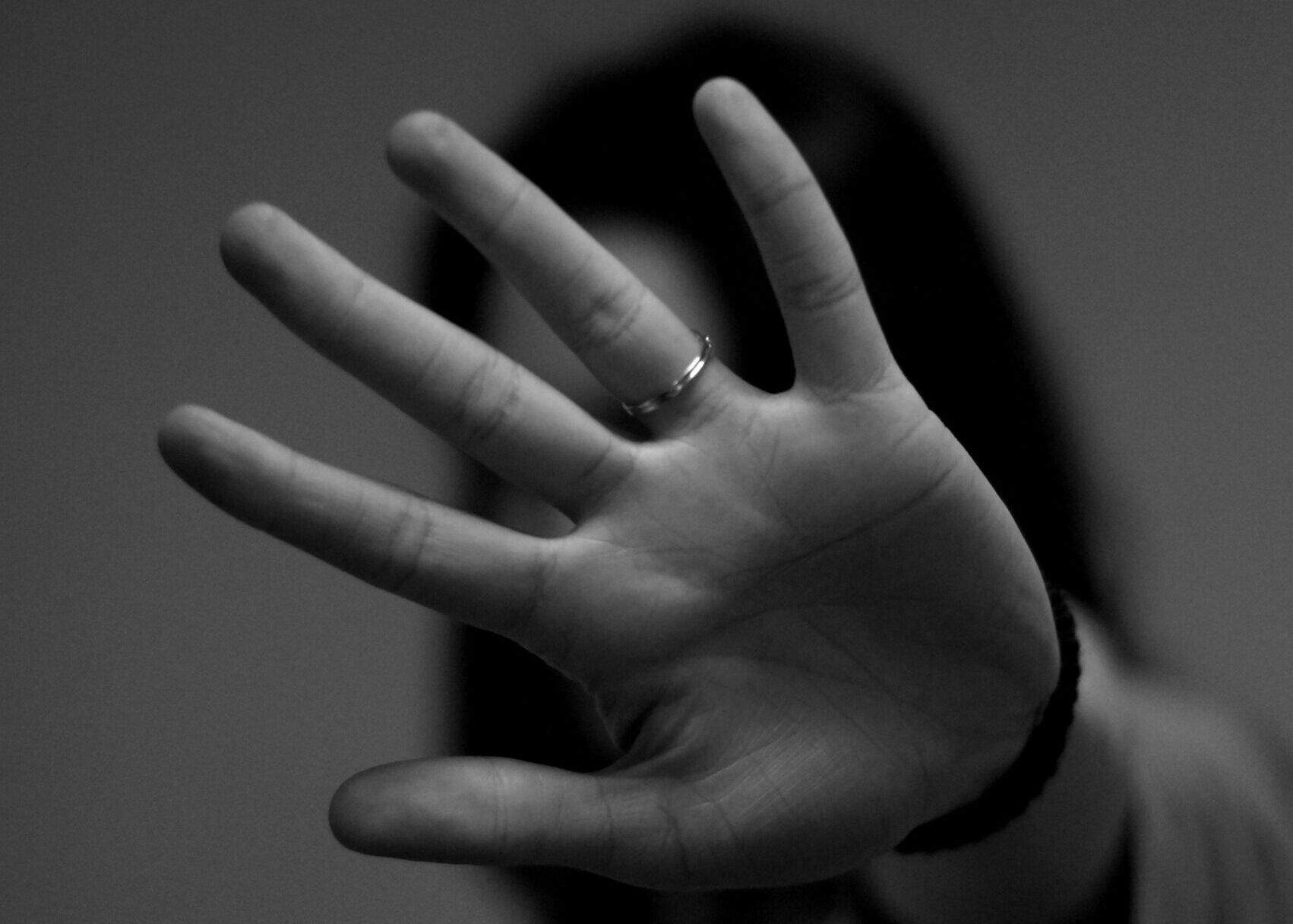Marital Rape in the UK: When Did It Become Illegal, and What Are the Punishments?
The legality of marital rape in the UK has a complex history. This article explains when rape in marriage was made illegal in the UK, how the law developed over time, and what punishments apply today for marital rape. It also explores how rape is defined in modern UK law and the challenges of proving such cases in court.
If you’re interested in a particular section, use the links below to navigate straight to it:
Accused of a sexual offence within a relationship? Contact our criminal defence solicitors today for expert guidance and support.
What is marital rape?
Marital rape, sometimes called spousal rape, happens when one partner forces or pressures the other into sexual activity without consent. Under UK law, it is treated in the same way as any other rape offence and falls within the Sexual Offences Act 2003.
It makes no difference whether the people involved are married, separated, or divorced. If consent is not given, or if it is obtained through intimidation, threats, or coercive behaviour, the act is unlawful.
When was rape in marriage made illegal?
Before the late 20th century, rape in marriage was not recognised as a crime in the UK. In the course of a marriage, a husband could not be prosecuted for raping his wife due to the presumption of irrevocable consent. This meant that a husband did not have to seek his wife’s consent before engaging in sexual activity with her.
This was a common presumption, and there have historically been multiple cases tried through the courts which did not result in a conviction as a result of this interpretation of consent. Although rape had been recognised as a criminal offence for centuries, it did not apply within marriage.
When was rape made illegal?
Although marital rape was not criminalised until the 1990s, rape itself had long been recognised as a crime. It was formally codified in English and Welsh law under Section 1 of the Sexual Offences Act 1956, later amended in 1976 and 1994.
Today, the offence is defined and governed by Section 1 of the Sexual Offences Act 2003, which states that a person commits rape if:
- (a) he intentionally penetrates the vagina, anus or mouth of another person (B) with his penis,
- (b) B does not consent to the penetration, and
- (c) A does not reasonably believe that B consents.
This modern definition highlights that consent is central to rape law in the UK, and that it must be freely given and can be withdrawn at any time. So while rape was codified in statute from 1956 onwards, the critical shift was that rape within marriage only became a crime in 1991.
When did marital rape become a crime? R v R (1991)
The landmark turning point came in the case of R v R [1991] UKHL 12, when the House of Lords ruled that marital rape is a crime under UK law. The judgment declared that a husband could be guilty of raping his wife, overturning the centuries-old presumption of irrevocable consent. The court stated:
‘a rapist remains a rapist subject to the criminal law, irrespective of his relationship with his victim.’
This ruling established that a husband and wife are equal partners in marriage, and that consent cannot be assumed simply because of marital status. From 1991 onwards, marital rape became a criminal offence in the UK.
How is marital rape proven?
Under the Sexual Offences Act 2003, the prosecution must prove beyond reasonable doubt that:
- A penetrated B’s vagina, anus, or mouth with his penis;
- B did not consent to that penetration; and
- A did not reasonably believe that B consented.
Evidentially, these elements are difficult to prove. Rape and marital rape usually occur in private, meaning there are often no independent witnesses. To build a case, prosecutors may rely on:
- Forensic evidence such as medical swabs, bruising, or other physical injuries. Such evidence is very time-sensitive and dependent on the complaint being raised soon after the alleged incident.
- Phone records, text messages, or CCTV footage that can establish a timeline or show the parties’ movements.
- First disclosure witnesses — people the complainant told about the alleged assault before contacting the police.
These forms of evidence are vital to support the complainant’s account and establish proof beyond reasonable doubt.
Do you have to be married to be charged with marital rape?
No. The law also covers partners in long-term cohabiting relationships. Sexual activity without consent in such relationships can be treated as marital rape.
Can a woman be charged with marital rape?
Under UK law, rape is defined as penetration with a penis. This means only a person with a penis can be charged with rape, including marital rape. However, women can still be prosecuted for other serious sexual offences such as sexual assault, sexual coercion, or causing someone to engage in sexual activity without consent.
What is the sentencing for marital rape?
The marital rape punishment is the same as for any other rape offence. Under UK law, rape carries a maximum sentence of life imprisonment. Sentencing guidelines usually impose custodial terms ranging from 4 to 15 years, depending on:
- The harm caused to the victim (physical, psychological, or emotional).
- The level of culpability and whether there were aggravating factors.
- The defendant’s previous criminal record.
What are the mitigating factors in sentencing for marital rape?
Mitigating factors can reduce the severity of a sentence. These may include:
- No previous convictions
- Genuine remorse
- Good character or positive contributions to society
- Young age or lack of maturity
- Mental health conditions or learning disabilities
- Serious physical illness requiring ongoing treatment
What are the aggravating factors in sentencing for marital rape?
By contrast, aggravating factors can increase the seriousness of the offence and lead to a harsher sentence. These can include:
- Previous convictions or offending while on bail
- Targeting a particularly vulnerable victim
- Use of violence, threats, or weapons
- Committing the offence under the influence of alcohol or drugs
- Steps taken to intimidate the victim or conceal evidence
- Breaching court orders or abusing a position of trust
Put simply, sentencing for marital rape depends not only on the offence itself, but also on the wider circumstances surrounding the defendant’s behaviour.
How we can help
Being accused of rape, whether within marriage or outside it, is extremely serious. If you are accused, you must seek legal advice immediately.
If an allegation is made against you, Richard Nelson LLP can assist you with understanding the elements of the offence, reviewing any evidence and representing you throughout. We have extensive experience in dealing with such cases from pre-charge engagement through to trial proceedings.
Our knowledge and expertise in defending sexual offences affords us the ability to help you navigate these complex and often long cases with as little stress as possible. Contact our team today to discuss your situation in confidence.




